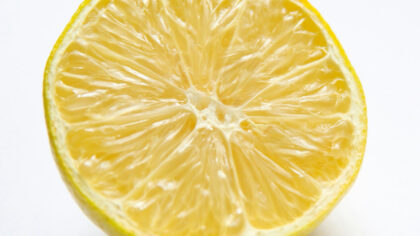It’s time for another trip around the solar system on the BIGGER and BETTER Science Weekly!
This episode of the Fun Kids Science Weekly we continue our bigger and better podcast where we put YOUR questions to our team of experts, have scientists battle it out for which science is the best & learn all about an Iranian glass bead from 3,000 years ago discovered at ‘Britain’s Pompeii’ – Must Farm!
Dan starts with the latest science news, where we learn about a place in the USA about to experience its second solar eclipse in seven years, a 270 million year old fossil named Kermit The Frog and Chris Wakefield from Cambridge Archaeology joins us to talk all The glass used to create beads that was discovered at a prehistoric settlement dubbed “Britain’s Pompeii” was probably made in Iran!
Then we delve into your questions where Dan explains why we’re yet to visit another planet and we pose Aidan’s question on how smart speakers work to Pip Knight from the Massachusetts Institute of Technology
Dangerous Dan continues and we learn all about the Sand Flea also known as Tunga Penetrans
The Battle of the Sciences continues where Dan chats to Dr Genoveva Esteban from University of Bournemouth all about why Microbes are the best! Then we pay a visit to Bene and Mal as they let us know the different ways microbes can get into the human body.
What do we learn about?
- How the USA could be about to experience its second solar eclipse in seven years?
- a 270 million year old fossil named Kermit The Frog
- How an Iranian bead has been discovered at ‘Britain’s Pompeii’
- How smart speakers really work?
- Why Microbes is the best type of science?
All on this week’s episode of Science Weekly!
Add a comment







